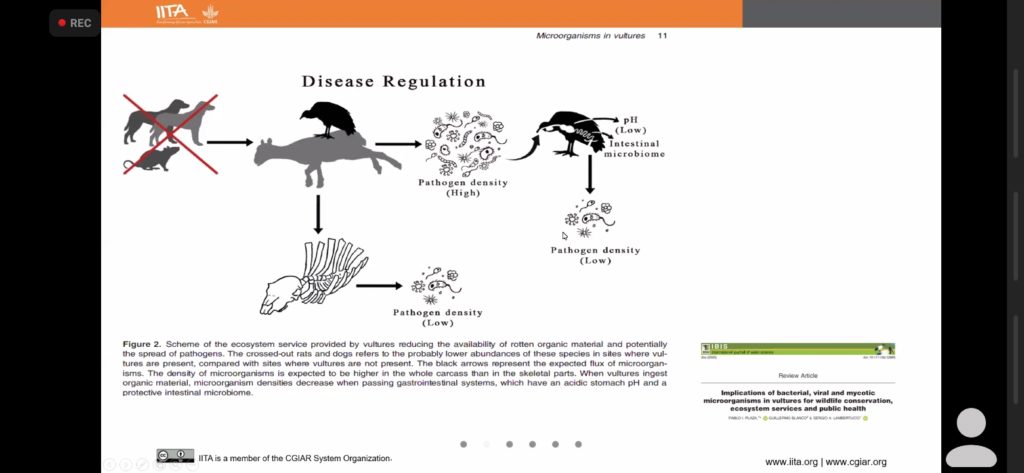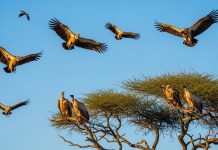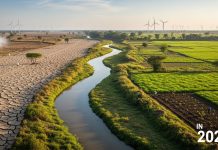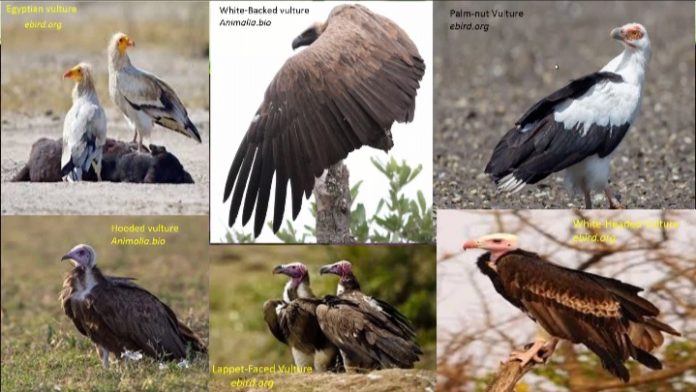Vultures are not dirty animals. They are fascinating species that serve a crucial purpose in the ecosystem as efficient waste management agents. Even though other species are doing the same task, the vulture does it better, faster and more efficiently than any other. Pathogens from carrions eaten by the vultures do not survive through the birds’ digestive tracts so there is no risk of transmitting deadly diseases through droppings like other scavengers.
Sadly though, the population of the vultures are rapidly reducing in Nigeria. Of the seven species of vulture found in the country, five are classified as vulnerable, but only one can be easily seen in the wild.

The situation is dire for these specialist cleaners of the ecosystem. This is the conclusion of experts at the World Vulture Day webinar organized by the Nigeria Conservation Foundation (NCF) to mark the event this year.
According to Dr Stella Egbe-Iruoje, the significance of the decline of this species population is the creation of a gap in the ecological role played by the species in maintaining a balance in the ecosystem.
She noted that some human activities which are carried out innocently cost the country’s vulture population severely.
Read also: #SaveTheVultures: They need all the help
“One example is from bioaccumulation of toxic substances from pesticides, herbicides and other agricultural chemicals,” Egbe-Iruoje said. “These substances getting into the vulture’s diet affect the quality of their eggs. They make the eggshell weak and so the eggs break before they are hatched, leading to further decline in the species population.”

Source: webinar presentation
She mentioned that anthropogenic activities leading to habitat loss and sometimes deliberate poisoning of the species are also responsible for the decrease in population. She called on communities to see the vulture as a vital part of a functional ecosystem instead of stigmatizing it.
Also speaking at the event, Mr Adewale Awoyemi, head of forest centre, International Institute of Tropical Agriculture (IITA) illustrated that if the role played by the vulture in environmental cleanup were to be paid for, the cost will run into billions.
Awoyemi joined the program host, Emmanuel Olabode and NCF Southwest Zonal Coordinator, Adebayo Memudu to call on communities, governments, conservationists, nature lovers and all other enthusiasts to come to the aid of the vultures to avoid severe public health and other consequences.


















